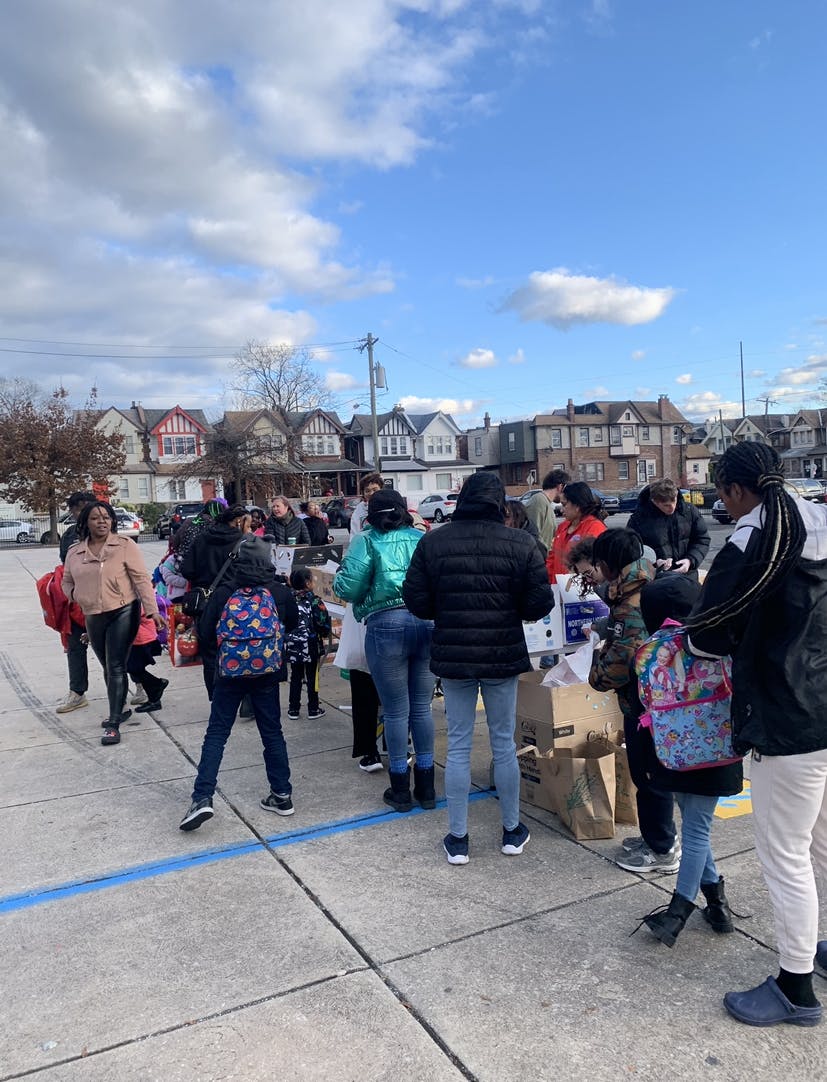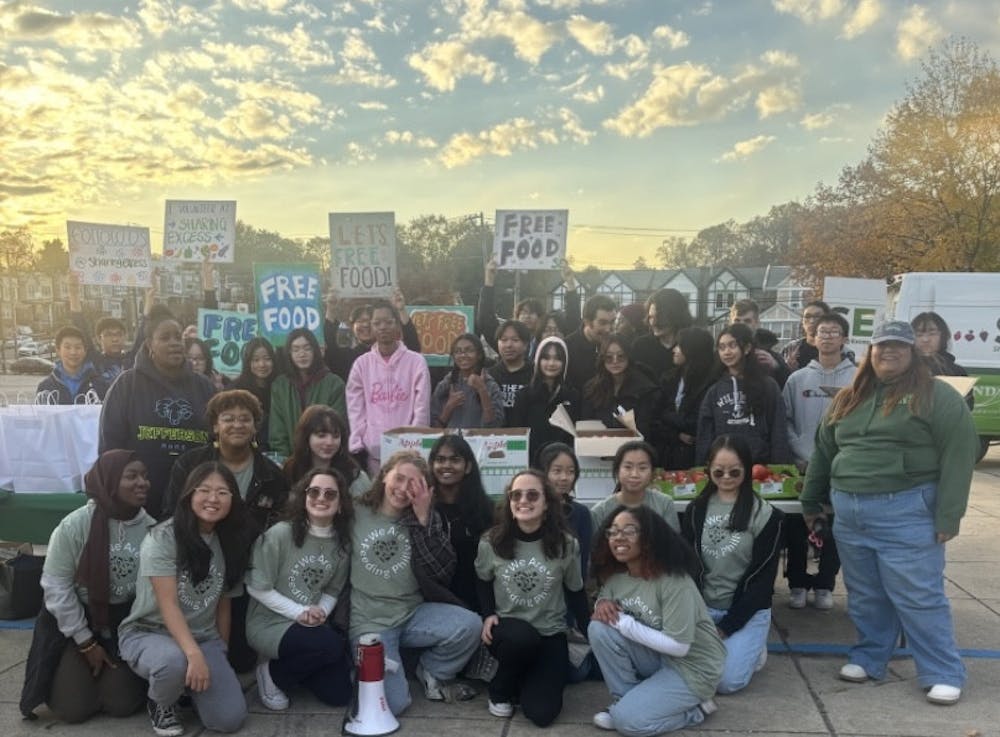Have you ever wondered how much food is thrown out in America each year? Thousands of pounds, maybe even millions? The actual answer, according to Recycle Track Systems, a national sustainability organization, is 120 billion.
To put into perspective, America’s annual food waste weighs more than the great wall of China, which is 13,000 miles of stone.
With this fact in mind, it is not surprising that food waste is the number one contributor to US landfills. According to the United Nations, wasteful food production is the cause of as much as 8% of the world’s carbon emissions, meaning that “if food waste were a country, it would be the third-largest emitting country in the world.”
At the same time, up to 35 million people in the United States struggle with food insecurity—the lack of access to fresh and nutritious foods on a regular basis.
So how is America producing more than enough food for all of its citizens, but throwing out as much as 40% of it each year as its citizens struggle? The answer is complicated and not entirely clear, but one thing is certain: capitalism and systemic racism have laid the foundation for an unequal and unsustainable America.
Food insecurity disproportionately impacts low-income communities of color in the form of food apartheid, in which entire neighborhoods lack access to nutritious, affordable, and fresh food.
And those landfills house billions of pounds of food, raising the temperature and harming the health of its nearest residents? Robert Bullard, an environmental justice researcher, shows that race is the biggest determinant for whether a landfill will or will not be built near a certain neighborhood.
So, obviously, on a national or global scale, these issues are overwhelming and may even seem rather hopeless. But if you look at these issues from a community level, there are ways to make small but significant progress toward equitable food security and sustainability.
With this knowledge in mind, I started an organization in my sophomore year that works to address food waste and insecurity on a local level through mutual aid programs and educational empowerment.
I founded Feeding Philly as a club at my school. Now, we are a nationally recognized 501(c)(3) non-profit that serves 1500 families in the North Philadelphia area, works with over 500 student volunteers, and repurposes more than 2,500 pounds of food.

Feeding Philly manages three major initiatives. The first is called Collect and Repurpose Excess, or CARE. In this initiative, ouvolunteers manage an on-campus community fridge at Central High School where students can anonymously donate excess food from their breakfast and lunch and get extra if they need it.
Enjoy what you're reading?
Signup for our newsletter
This initiative serves to address both food waste and food insecurity at Central. Feeding Philly also hosts monthly free food distributions at a local elementary school in which both students and the community at large can receive food. Lastly, Feeding Philly runs educational workshops for their students each week. Through its programs, Feeding Philly works to create local progress toward food security and sustainability and instill a lifelong commitment do these ideals in all of its participants.
Feeding Philly works with more than fifteen local educational and humanitarian organizations to help guide their development, and is currently working to expand its network through a Feeding Philly curriculum.
We plan to establish new chapters at elementary or high schools across the city to teach students about food waste and insecurity, their systemic causes and manifestations, and help them find ways to do research and organize projects that address these issues in ways the students find most fit.
We advocate the importance of equitable food distribution policies to city officials and work with researchers at Temple University to improve nutrition in Philadelphia public schools. We have been featured in 6ABC’s Hometown Heroes segment as well as WHYY and Penn Capital-Starr.
If you are interested in starting a chapter of Feeding Philly at your school, know someone who would be interested, or have any questions for their leadership team, the members can be reached via their website at FeedingPhily.org, email at home@feedingphilly.org, or on Instagram @chs_feedingphilly. If you or someone you know is struggling with food insecurity, please visit this food pantry map or reach out to Feeding Philly for help.




